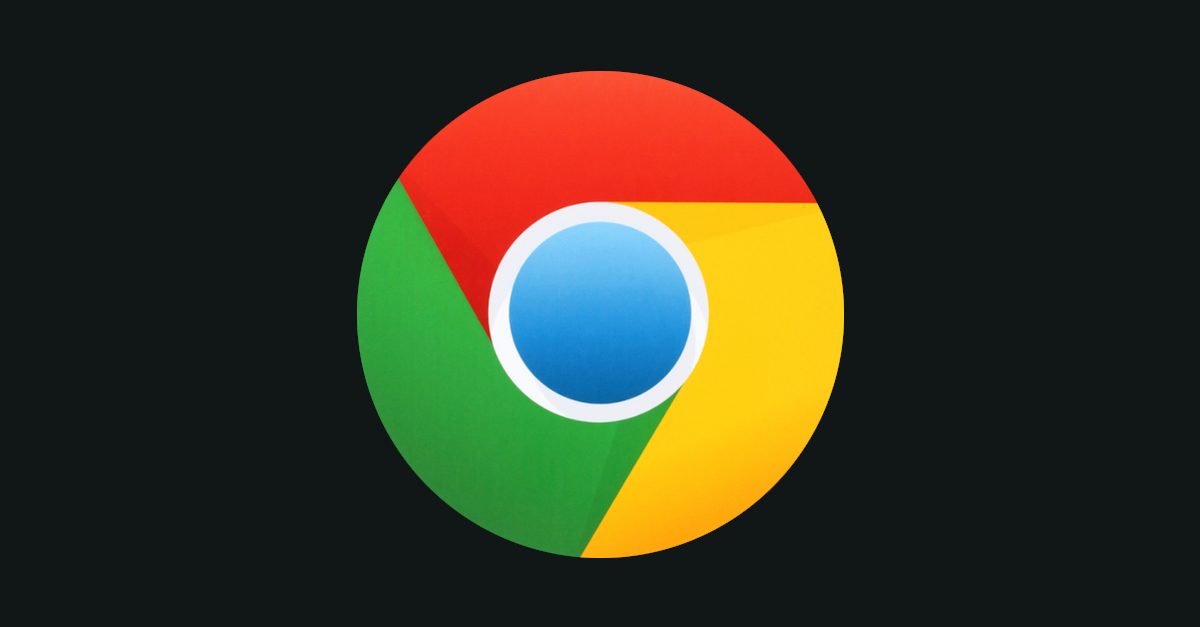Security News

Google has disclosed details of a new zero-day privilege escalation flaw in the Windows operating system that's being actively exploited in the wild. The elevation of privileges vulnerability, tracked as CVE-2020-17087, concerns a buffer overflow present since at least Windows 7 in the Windows Kernel Cryptography Driver that can be exploited for a sandbox escape.

Project Zero, Google's 0day bug-hunting team, today disclosed a zero-day elevation of privileges vulnerability found in the Windows kernel and actively exploited in targeted attacks. The Windows kernel bug zero-day can be exploited by local attackers for privilege escalation according to Project Zero security researchers Mateusz Jurczyk and Sergei Glazunov.

A trip to the About Chrome or About Chromium dialog should give the version identifier 86.0.4240.111. If you're in the habit of rarely shutting down your computer, or even of rarely exiting from your browser, now would be a good "Rare moment" to give Chrome a chance to ingest the update.

Google released an update to its Chrome browser that patches a zero-day vulnerability in the software's FreeType font rendering library that was actively being exploited in the wild. Security researcher Sergei Glazunov of Google Project Zero discovered the bug which is classified as a type of memory-corruption flaw called a heap buffer overflow in FreeType.

Google has released Chrome 86.0.4240.111 today, October 20th, 2020, to the Stable desktop channel to address five security vulnerabilities, one of them an actively exploited zero-day bug. "Google is aware of reports that an exploit for CVE-2020-15999 exists in the wild," the Google Chrome 86.0.4240.111 announcement reads.

A new Mirai-based botnet is targeting zero-day vulnerabilities in Tenda routers, according to researchers at 360 Netlab, a unit of Chinese cybersecurity company Qihoo 360. In order to circumvent detection of typical traffic generated by Mirai botnets, Ttint uses the WSS protocol for communication with the command and control server, and also uses encryption.

Two former Tenda router zero-days are anchoring the spread of a Mirai-based botnet called Ttint. For one, on the RAT front, researchers said that it implements 12 remote access functions, that combine with custom command-and-control server commands to carry out tasks like setting up a Socket5 proxy for router devices, tampering with router DNS, setting iptables and executing custom system commands.

The highly popular WordPress plugin File Manager this week received a patch to address an actively exploited zero-day vulnerability. Designed to provide WordPress site admins with copy/paste, edit, delete, download/upload, and archive functionality for both files and folders, File Manager has over 700,000 active installs.

Cisco has warned that hackers are targeting not one, but two unpatched vulnerabilities in the DVMRP feature of IOS XR software that runs on many carrier-grade routers. Over the weekend, the company published an advisory to warn of active attacks targeting a security flaw in the Distance Vector Multicast Routing Protocol feature of IOS XR to cause memory exhaustion denial of service.

A technical support intervention has revealed two zero-day vulnerabilities in the OS running on Cisco enterprise-grade routers that attackers are trying to actively exploit. Cisco plans to release software updates to plug these security holes, but in the meantime administrators are advised to implement one or all of the provided mitigations.